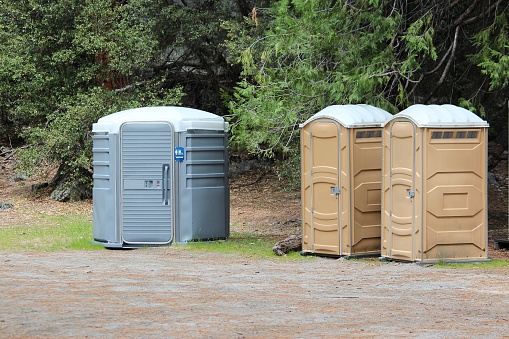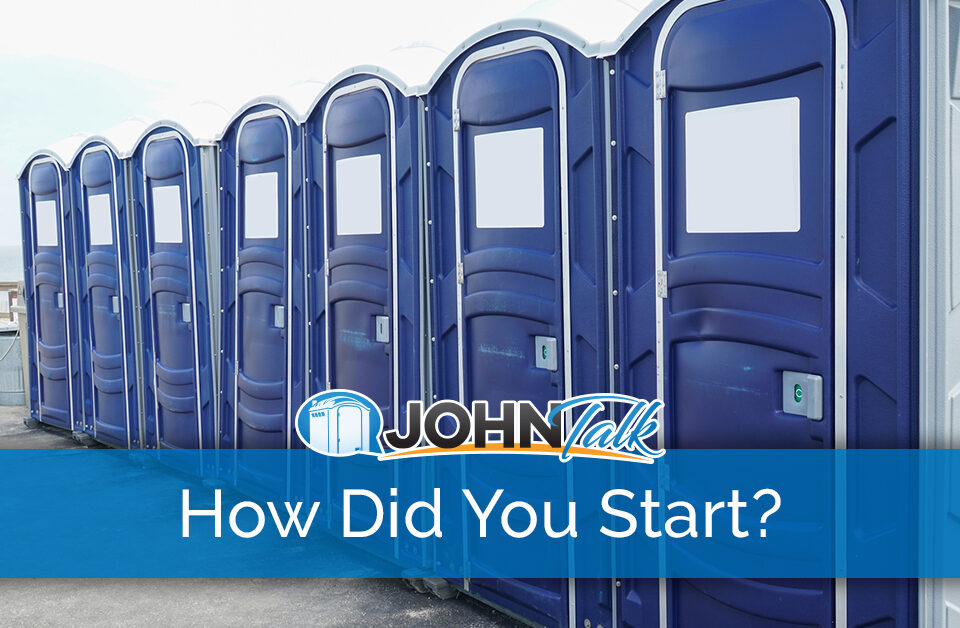
Marketing and Sales Tips for Your Business
August 14, 2017
How to Properly Price Rentals
August 15, 2017Have you ever wondered what the cost might be to start a business from scratch? If you have, you aren’t alone. In 2013, startups experienced a major growth spurt in the United States and have been climbing exponentially ever since. It is estimated that in 2015 there were 530,000 new business owners a month, the biggest boom in the past 20 years. These numbers indicate that more Americans are seeking entrepreneurial independence and moreover, Americans are choosing to work with and purchase from small businesses that align with similar goals and interests.
According to the U.S. Small Business Administration (SBA), the average startup cost before opening the doors of a new business averages around $30,000, but there are many different factors at play making $30,000 an extremely variable number. Some micro-businesses, freelance jobs or virtual companies can be started with as little as $1,000, while other new businesses with a rented space and employees are quite a bit more.
Despite the large variance in payouts, payments, rent and salary from company to company, there are core factors that almost all new businesses funnel into their new costs. We explore four key factors with respect to cost that come into play with new businesses before opening the doors on opening day.
Expenses
Every business has expenses, and many include factors ranging from core market research and advertising to wages and training costs. Depending on the type of business you are planning on starting, it is important to remember that at least $5,000 of expenses are tax-deductible during your first business year. Make sure if you are a sole-proprietor you are keeping tabs on the money coming out of your pocket to fund your business and give them to your accountant (unless, of course, you are one!).
Capital Expenditures
Capital expenditures generally apply to the larger costs you put down for property, inventory, fleets, equipment, vehicles and other large upfront costs. These assets are purchased to increase efficiency, productivity and visibility in your niche. Startup assets can be placed in this category as well and include: cash, office furniture and other items used to furnish, finance or fund the company.
Although capital expenditures aren’t always tax-deductible, it is wise to look into writing some or all of the costs off through the process of depreciation. Confusion exists when expenses vs. assets come into play. Assets will not be deductible against the generated income you receive while expenses are.
Get the JohnTalk “ALL-ACCESS PASS” & become a member for FREE!
Benefits Include: Subscription to JohnTalk Digital & Print Newsletters • JohnTalk Vault In-Depth Content • Full Access to the JohnTalk Classifieds & Ask a PRO Forum
Startup Financing
Startup financing costs include loans and capital investments which can be as low as $1,000 or as high as $50,000. Startup financing costs are any loans or investments that have accrued or been applied to the company before opening day. Startup financing quite simply is where the money hits the table and the initial investment is made.
There can be a lot of risk involved accruing costs against your home if you borrow against it, your credit if you max out credit cards, getting a personal loan from friends and family or hesitantly reaching into your 401k piggy bank. Depending on your initial cost needed for startup financing, it is encouraged to talk to a financial advisor or business planner to assess your best possible outcome. It’s okay to play it on the safe side and cover all of your bases in this category. If you don’t have a trusted advisor or business partner Entrepreneur newsletter suggests visiting the Small Business Administration’s website for a range of startup financing checklists and great (free) advice that applies to businesses located in your state.
Time
Now, time doesn’t carry with it any specific value, and depending on the business owner it might cost more or less. Say, for example, you are starting a new business while you are still receiving income from another employer. If you take more time off for meetings, trips or balance your old work with new ventures you could be cutting down on your preexisting salary. This is a situation where time quite literally is money. While time doesn’t cost as much to some as it does to others, it is important to remember that a new business will take time, effort and some elbow grease to get started.
With the four listed costs in mind, are you ready to embark on your new business venture? Don’t be afraid to start something new, expand your horizon and pursue what you truly love. Creating a labor of love in the form of a small or large business is the dream, and it doesn’t come without checklists, deadlines, outreach and good timing.
Looking to Take Your Portable Restroom Business to the NEXT LEVEL? Download our FREE Guide: “Your Guide to Operating A Portable Restroom Business.”
Thinking About GETTING INTO the Portable Restroom Industry? Download our FREE Guide: “Your Guide to Starting A Portable Restroom Business.”





